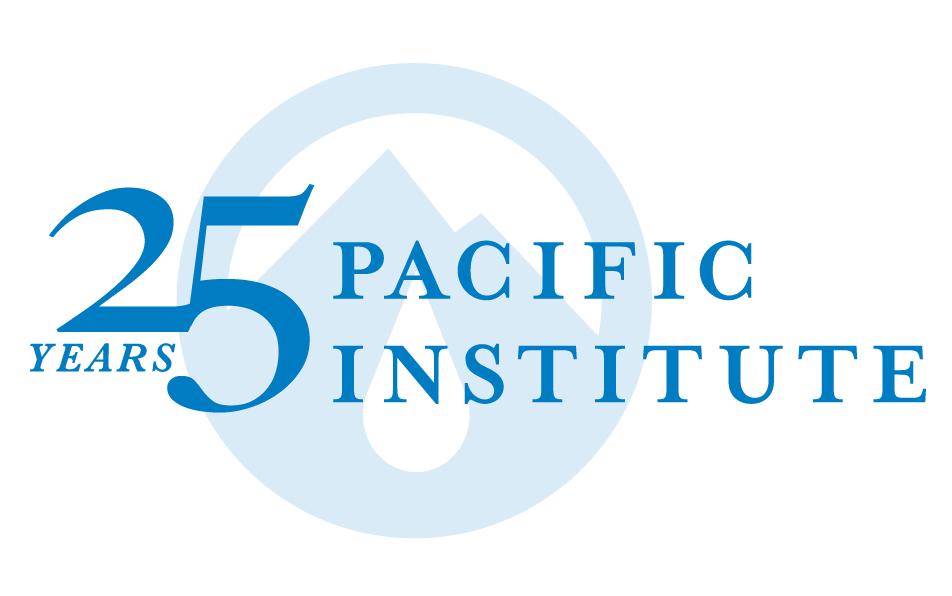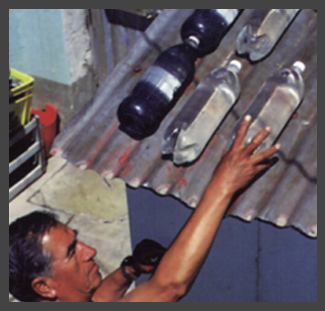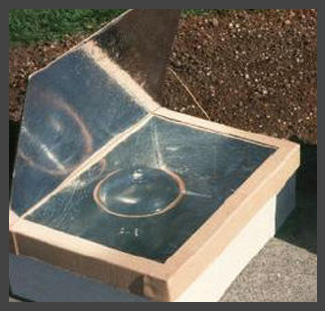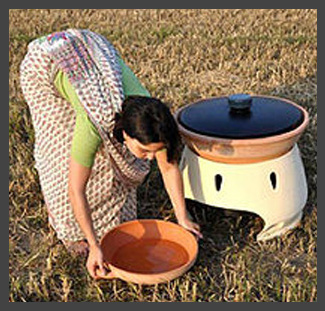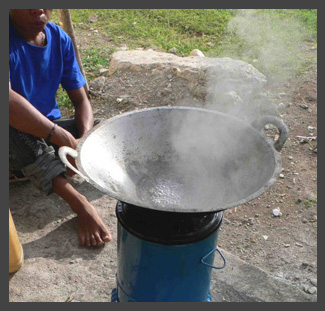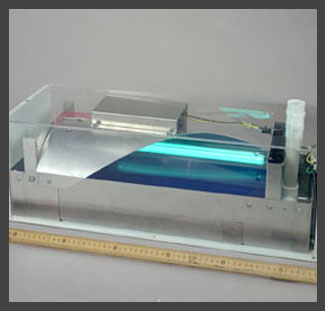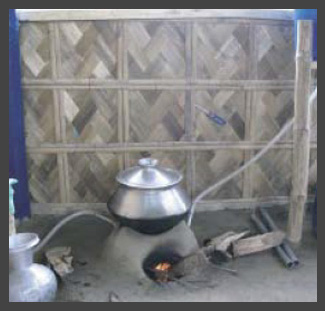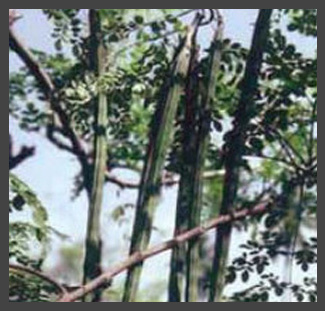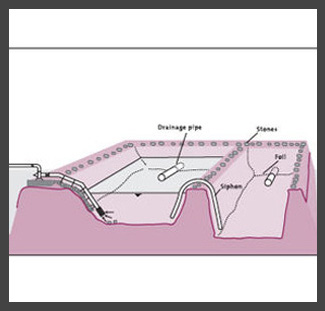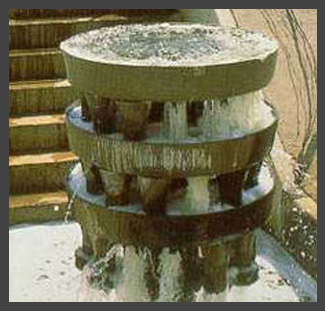HWTS - Physical
From Akvopedia
| |
|
|
|
|
|
|
|
|
Household water treatment and safe storage (HWTS) has emerged as a viable solution for small and large populations, especially in rural areas. HWTS interventions can lead to dramatic improvements in drinking water quality and reductions in diarrhoeal disease, making an immediate difference to the lives of those who rely on water from polluted rivers, lakes and, in some cases, unsafe wells or piped water supplies.
To decide which household water technology is most appropriate for your needs, financials, and preferences, try using the Community Choices tool by The Pacific Institute. It walks you through a brief survey to consider variables for the right HWTS treatment in Ghana, Burkina Faso, Australia and the US.
HTWS filtration links
- To accelerate health gains to those without reliable access to safe drinking water, WHO established the International Network to Promote HWTS in 2003. The informal network format optimizes flexibility, participation and creativity to support coordinated action. The Network.
